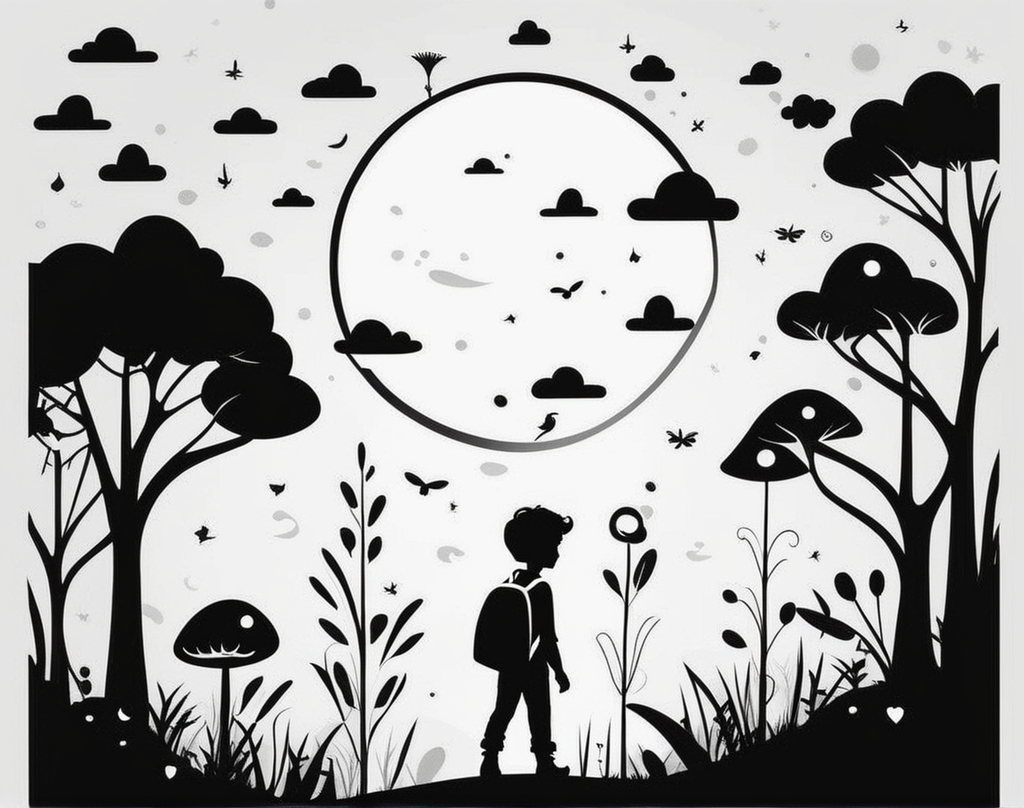Deschooling Personal Growth: Embracing Self-drive to Thrive

In the words of Ivan Illich, "Most learning is not the result of instruction. It is rather the result of unhampered participation in a meaningful setting." This thought-provoking statement serves as a starting point for questioning the conventional methods of education and personal growth. While traditional schools are celebrated as institutions that nurture knowledge and personal development, a critical examination reveals their limitations.
"...define “school” as the age-specific, teacher-related process requiring full-time attendance at an obligatory curriculum."
― Ivan Illich
Schools, by design, instruct students in what to learn, why they should learn it, where they should learn it, with whom, and even how to learn. In doing so, they create a structured environment that defines success and personal growth in narrow terms. Students are handed a predetermined roadmap and told that following it diligently is the key to success.
One of the key insights of deschooling personal growth is the realization that schools often cultivate a sense of dependency on external authorities. They inadvertently teach us to believe that true knowledge and self-improvement can only be found through structured curriculum, exams, and certificates.
But does this approach truly lead to personal growth, or does it merely cultivate conformity?
Consider the following aspects where schools inadvertently limit personal development:
What to Learn
In a standard curriculum, the subjects are set, and the emphasis is often on a specific set of topics deemed essential. This limitation can stifle a student's ability to explore their unique interests. For instance, if a student has a passion for music but is compelled to focus solely on mathematics, they may miss out on their true potential and the opportunity for holistic growth.
Why to Learn
Traditional education often stresses the importance of learning to secure a stable job or earn a high income. While these are undoubtedly important, the 'why' of learning can extend far beyond financial stability. Personal growth should be driven by intrinsic motivation, a love for learning, and the desire to contribute meaningfully to society. Schools may inadvertently shift the focus away from these values.
Where to Learn
Schools are confined to physical classrooms and structured schedules, limiting the scope of learning. In today's digital age, access to knowledge is boundless. Why should personal growth be restricted to the four walls of a classroom when the world is an open book? Students have the potential to explore various settings and learn from experiences beyond the classroom.
With Whom to Learn
“Creative, exploratory learning requires peers currently puzzled about the same terms or problems.”
― Ivan Illich
Traditional education often implies that students should learn within their age groups, with limited interaction between generations. Yet, meaningful learning can occur through collaboration with peers of different backgrounds, age groups, and experiences. How can schools truly foster personal growth when they isolate students from diverse perspectives?
How to Learn
Schools prescribe specific methods of learning, often favoring memorization and standardized testing. However, personal growth is an individual journey, and everyone has their unique learning style. Schools might inadvertently stifle creativity and independent thinking.
Concluding
In reflection, personal growth is not a one-size-fits-all endeavor. It is a deeply personal and evolving journey that should encompass individuality, intrinsic motivation, and the freedom to explore. By breaking free from the limitations imposed by traditional education, we can begin the process of "deschooling" personal growth.
“Contemporary society is the result of conscious designs, and educational opportunities must be designed into them. Our reliance on specialized, full-time instruction through school will now decrease, and we must find more ways to learn and teach: the educational quality of all institutions must increase again.”
― Ivan Illich
Deschooling personal growth isn't about dismissing the value of traditional education. Instead, it's about realizing that personal development extends far beyond the classroom. It's about recognizing that embracing freedom, curiosity, and the quest for lifelong learning can lead to a richer, more authentic journey of personal growth. In the end, we must remember that education doesn't end when we leave school; it's a lifelong endeavor.
Reflecting on your experiences, ask yourself questions like:
- What subjects or skills am I genuinely passionate about, and how can I incorporate them into my personal growth journey?
- What drives my desire to learn, and how can I connect my learning goals to my inner values?
- How can I break the boundaries of traditional learning environments and embrace diverse learning opportunities?
- Who can I learn from, irrespective of their age, background, or experiences?
- In what ways can I tailor my learning approach to better suit my unique style and needs?
“The most radical alternative to school would be a network or service which gave each man the same opportunity to share his current concern with others motivated by the same concern.”
― Ivan Illich
THE I Don’t Know MOVEMENT is setting its first steps into realizing such an self-evolving learning environment without fixed curriculum, timing and learning roles but rather with self-driven growth shared with like-minded people, irrespective of their background, circumstances, identity and place of living.
The quotes are from Ivan Illich's book "Deschooling Society", 1971.